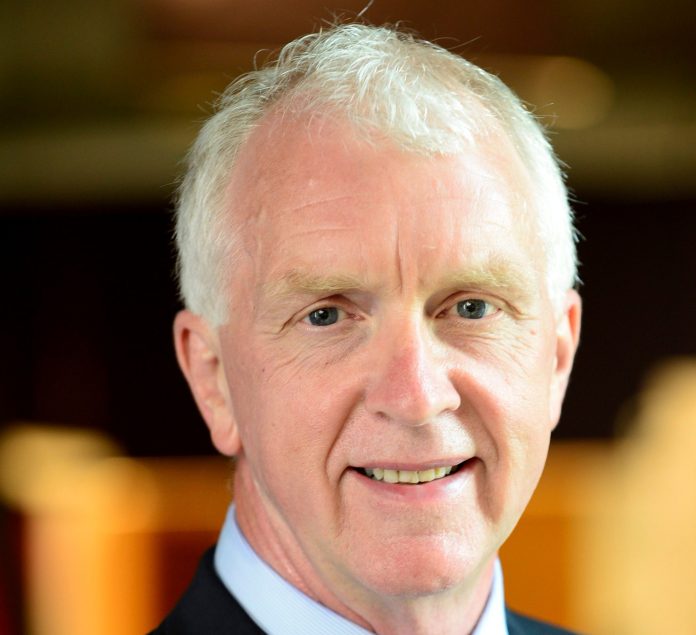Technology and digital infrastructure that support future care needs must be built into all new housing, a report has urged.
Following a six-month inquiry by Housing LIN (Learning and Improvement Network), in which a panel heard from more than 30 experts and people with a lived experience, it identified both the success factors and barriers to integrating technology into housing and care.
The technology for our ageing population: panel for innovation (TAPPI) is chaired by the former director of the National Innovation Centre for Ageing Professor Roy Sandbach and includes senior figures from housing, care, academia, the tech industry, and design.
Its inquiry, funded by the Dunhill Medical Trust, was aimed at ensuring technology is used effectively so older and disabled people can live independently in high quality homes.
Its report has set out ten principles to build technology into housing that aims to improve life for the ageing population. The principles are all new housing should be: adaptable; co-produced; cost-effective; choice-led; interoperable; inclusive; outcome-focused; person-centred; preventative; and quality-focused.
Susan Kay, Dunhill Medical Trust chief executive, said: ‘Our experiences of the last 18 months have accelerated the changes that were already being made in how we as a society use technology to communicate, connect and experience health and care support. But we need to make sure that we don’t leave behind a whole generation of people who could really benefit and create yet another source of social inequality.’
The report makes recommendations that aims for widespread use of technology in housing design and construction – as well as tech-enabling and adapting existing homes.
It wants to see a review and update of planning policy and guidance as well as the regulatory framework for housing so smart technology infrastructure is built into new homes, making them adaptable to the needs of an ageing population.
The document also suggests TAPPI provides a ‘kitemark’ that encourages the housing sector to apply its ten principles when designing, developing, managing or marketing homes.

Alyson Scurfield, TEC Services Association chief executive and panel member, said: ‘We need to create a system where people and professionals use, trust and love technology so it becomes a key part of a preventative health and social care system.
‘Local partners must reach the funding agreements that encourage housing, health and social care to better embrace more integrated technological approaches, by working alongside tech providers so people receive the right solution for them.’
The inquiry will continue to phase two, with the aim of taking the principles to create a TAPPI framework for action.








 ©2024 All rights reserved LaingBuisson
©2024 All rights reserved LaingBuisson 


